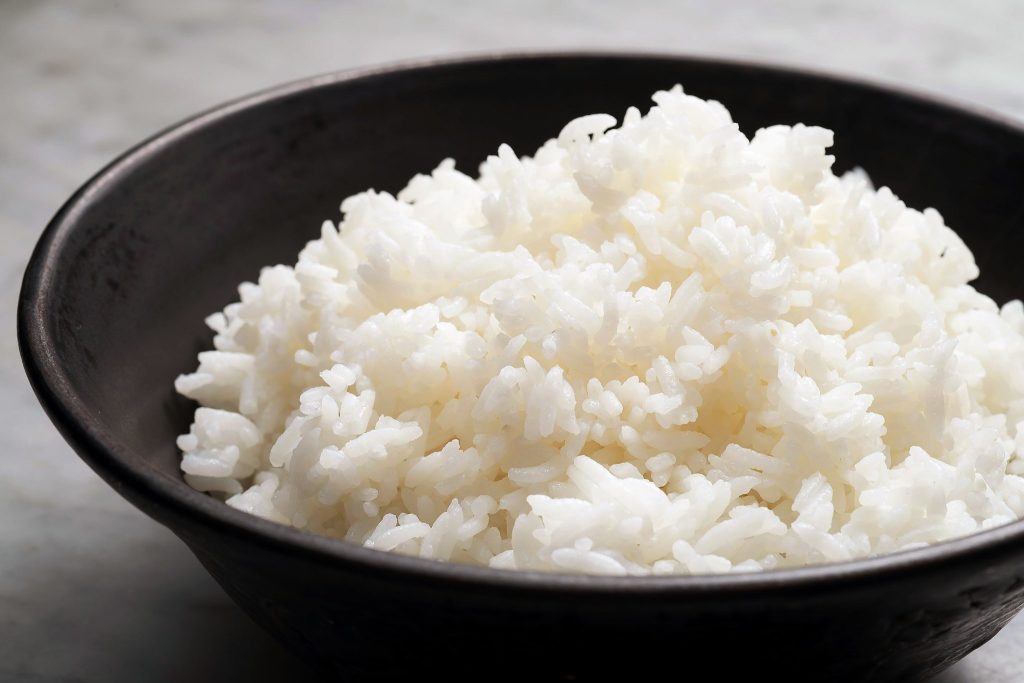Tags
Rice exporters on edge as India lifts restrictions
Competitive pricing threatens Pakistan’s $3.9b rice export market.
SHAHRAM HAQ

LAHORE: The recent decision by the Indian government to remove the floor price for basmati rice exports and ease restrictions on non-basmati rice exports has sparked panic among Pakistani rice exporters, who had benefited from the previous restrictions.
These benefits were reflected in Pakistan’s annual rice export figures. In FY24, Pakistan managed to export rice worth around $3.9 billion, compared to $2.15 billion in FY23.
India’s new policy, effective from September 2024, is expected to have significant implications for Pakistan, India’s primary competitor in the global basmati rice market.
Previously, India had imposed a minimum export price (MEP) of $1,200 per tonne on basmati rice to stabilise local prices and ensure adequate domestic supply. However, due to declining demand in international markets and pressure from rice exporters, India has now revoked the price floor. Additionally, export restrictions on non-basmati rice, which were introduced to manage domestic inflation, have also been relaxed.
According to industry experts, Pakistan, the world’s second-largest exporter of basmati rice after India, could face serious challenges due to this policy shift. Historically, Pakistan has capitalised on its reputation for high-quality rice, particularly in the European Union and Middle Eastern markets, where its rice is prized for its distinct aroma and superior quality. However, with India now free to export rice at more competitive prices, Pakistan may be forced to either lower its prices or risk losing market share.
“We have already written a letter to the Trade Development Authority of Pakistan (TDAP) requesting them to lower the MEP for basmati rice to around $900 per tonne, which is currently set at $1,300 per tonne,” said a spokesperson for the Rice Exporters Association of Pakistan (REAP). “Six months have passed, and no decision has been made by the TDAP,” he added.
Pakistani rice exporters are concerned that they may not be able to maintain current export levels if India begins flooding the market with cheaper basmati rice. Experts note that Pakistani basmati rice has traditionally been priced 10-15% higher than its Indian counterpart, due to higher production costs and export-related taxes.
“This is a strategic move to regain India’s dominance in key markets, which will create immense pricing pressure on Pakistani basmati rice,” said Fareed Ansari, an agricultural economist. “Pakistan has always relied on its superior quality to command a premium price for basmati rice, but with this latest move by India, Pakistani exporters may need to consider price reductions or explore new markets to remain competitive,” he added.
In 2022-23, India exported rice worth over $11 billion, with basmati rice accounting for $4.8 billion. Meanwhile, Pakistan’s total rice exports stood at $2.15 billion. In 2023-24, India’s basmati rice exports surged to $5.9 billion, while Pakistan’s total rice exports reached around $3.9 billion.
With India’s export restrictions now lifted, Pakistan’s non-basmati rice exports could also come under strain, particularly in African and Southeast Asian markets, where both nations compete for dominance. However, some experts believe the situation may not be as dire as anticipated.
“Pakistani basmati rice exports may not be affected in terms of quantity, but we could see a reduction of up to $400 million in annual export revenues,” said Hamid Malik, Co-Founder of the Agriculture Policy Research Institute.
He added that the Indian government’s decision could also be politically motivated, with upcoming state elections in Haryana, where 70% of India’s rice is grown. “This decision might be reversed after the elections, but it’s important to note that Pakistan only accounts for around 20% of global basmati trade, and we have an established reputation for quality in key export markets such as the Gulf, EU, and America.”
Malik further explained that global rice prices are currently falling, and Indian farmers were struggling to sell their basmati at $950 per tonne, prompting the Indian government to remove the floor price. “Meanwhile, Pakistani basmati is still selling for just under $1,000 per tonne,” he said.
Experts suggest that Pakistan needs to focus on marketing and innovation to promote its rice in premium markets. Competing with India on price alone will not be sufficient. Additionally, Pakistan could explore new trade agreements or expand existing ones.
https://tribune.com.pk/story/2497795/rice-exporters-on-edge-as-india-lifts-restrictionsPublished Date: September 22, 2024






